Urgent call for transparency in Bangladesh’s electoral process
- Update Time : Thursday, December 21, 2023

In the complex play of democracy, transparency serves as its guiding light, ensuring that the electorate is informed and empowered. One crucial aspect of this transparency is the submission of affidavits by candidates, laying bare their financial holdings and assets. However, a disconcerting trend has emerged – a trend where these affidavits depict assets at values so absurdly low that they border on the laughable. As the imminent 12th national parliament elections approach, the right to information has unveiled an alarming pattern of corruption, evident in the reported asset value affidavits published in the esteemed national dailies of Bangladesh. This disclosure exposes a disconcerting trend of unchecked corruption flourishing within political circles.
As the election season unfolds, the affidavits of aspirant lawmakers, including figures of significant prominence, present a surreal tableau of asset values that defy all logic. From gold prices to real estate, the disclosed values raise not only eyebrows but also crucial questions about the integrity and transparency of the political process. The discrepancy in these asset declarations, if allowed to persist unchecked, creates a troubling gateway for corruption to thrive.
Elected officials are entrusted with the noble duty of public service, a responsibility that demands integrity and selflessness. However, the unveiled cases of individuals with considerable political clout declaring their assets at values remarkably below their true worth underscore a disconcerting trend. It appears that these figures are exploiting their positions of power for personal enrichment, betraying the very essence of the public trust vested in them.
The repercussions of undervaluing assets extend far beyond the personal transgressions of individuals; they seep into the very foundation of the national economy. By resorting to deceptive practices that lead to the evasion of rightful taxes, these political figures contribute to a weakened economic structure. The state is deprived of essential resources for development, creating a ripple effect that compromises the nation’s economic well-being.
The case of one of the former ministers starkly exposes a troubling depth of corruption within our political system. His deliberate undervaluation of a four-katha land in Mirpur at Tk 3.61 lakh, a 10-katha land in Purbachal at Tk 39.48 lakh, and two flats on 1.75 kathas of land at Tk 4.36 lakh, unveils a pattern of deception that erodes the very foundations of our democracy. Such egregious manipulation not only compromises financial transparency but also underscores the pressing need for systemic reforms. This multi-level deception perpetuates a culture of corruption, necessitating comprehensive action by institutions to restore integrity and accountability in our political processes.
The submission of misleading affidavits constitutes a corrosive force that eats away at the core of transparent and fair elections. When candidates manipulate their asset declarations, the democratic process itself is compromised. The sacred trust between the electorate and their representatives is eroded a cornerstone of any thriving democracy. The need for electoral integrity is paramount, and the current prevalence of deceptive practices casts a shadow over the democratic principles we hold dear.
The pursuit of political power should ideally be driven by a genuine desire to serve the public, embodying the principles of altruism and responsibility. However, the undervaluation of assets introduces unhealthy competition where candidates may feel compelled to engage in deceptive practices to maintain a competitive edge. This power-centric approach not only tarnishes the electoral process but also jeopardizes the integrity of the democratic system.
The ramifications of deceptive affidavits extend beyond the realms of politics and the economy; they permeate the fabric of society itself. As public trust erodes, cynicism takes root, and citizens find themselves disillusioned with the democratic system they once believed in. The resulting social decay becomes a direct consequence of leaders betraying the trust that has been bestowed upon them, leading to a fractured and disheartened society.
The revelations within the analyzed affidavits shine a harsh light on a web of deception that poses a direct threat to the foundations of democracy. The undervaluation of assets, far from being an isolated incident, reflects a systemic issue that demands urgent attention. To preserve the integrity of elections, institutions such as the Election Commission, Anti-corruption Commission, and National Board of Revenue must act decisively against deceptive practices. Only through stringent measures and public accountability can we hope to safeguard the democratic ideals that our societies hold dear. As we navigate these turbulent waters, the call for transparency and ethical governance becomes more urgent than ever, for it is upon these principles that the future of our democracy hinges.
It’s stunning, shocking, miserably deplorable, and beyond imagination that some of the contestants of the upcoming January 7, 2024 general election in Bangladesh have submitted outrageously false declaration of their wealth, which not only evidently proves their moral decay but also proves the degree of audacity of these individuals, who possibly consider themselves above the law and almost into the position of second gods. Can we expect that the Election Commission will have the guts or backbone of disqualifying these individuals from contesting in any election in the country for life? Can we expect Anti-Corruption Commission (ACC) initiate stern measures against them? Can we also expect Prime Minister Sheikh Hasina shall take punitive measures against these proven liars?


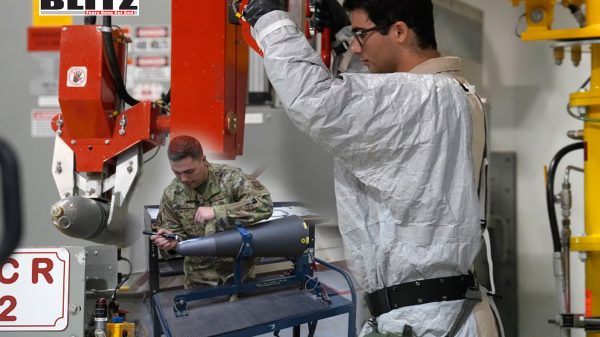
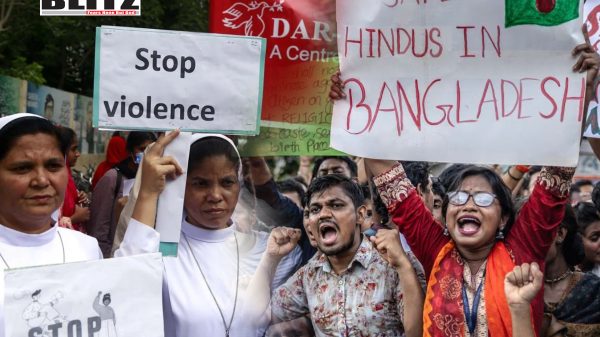
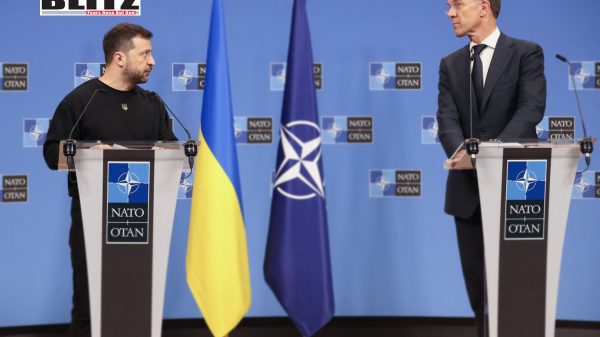
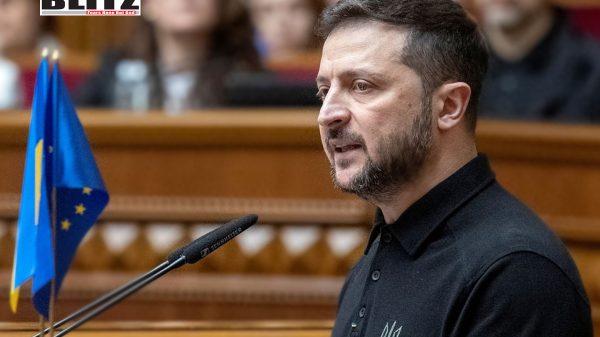

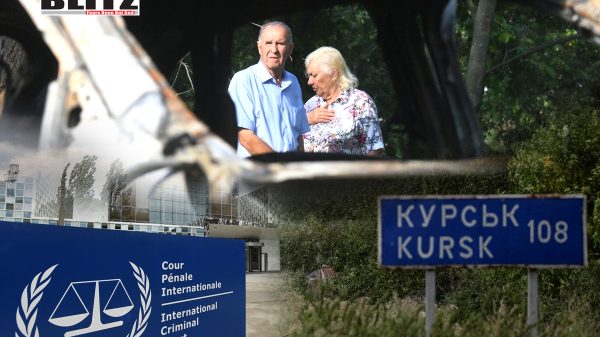











Leave a Reply